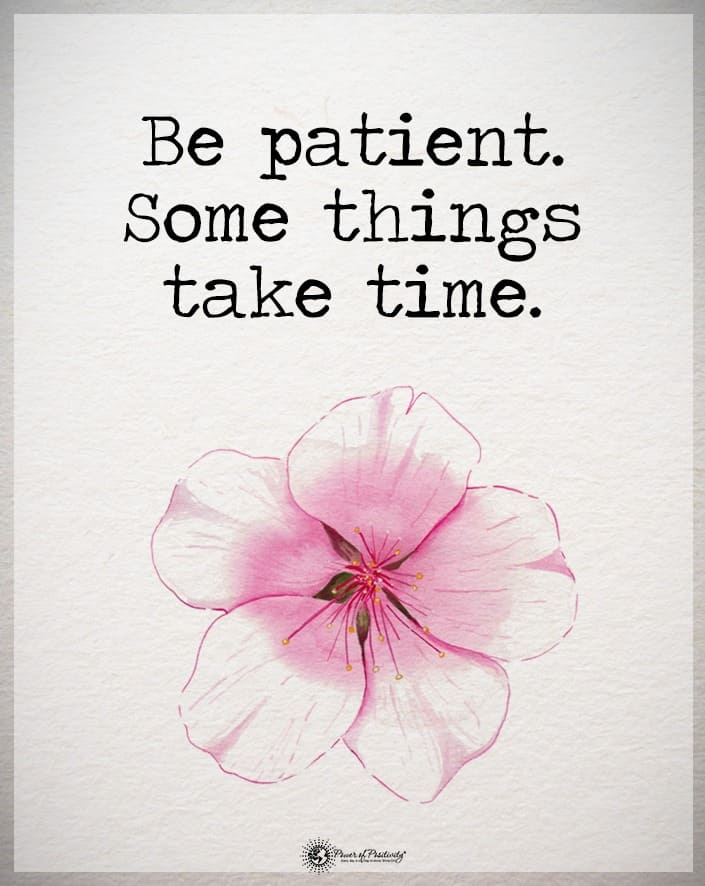Most people know that exercising your physical body is essential for good health. What most people don’t realize is that exercising your brain is important to improve memory recall. Cognitive exercises help keep your mind sharp, and they help prevent memory loss.
There are many cognitive exercise games available as apps that claim to improve memory recall. Unfortunately, many of those games don’t help and aren’t mentally stimulating. Finding beneficial ways to improve memory recall typically requires getting off of your smartphone.
Brain exercises can help prevent age-related memory problems and help you withstand neurological damage. They stimulate your brain, allowing for improved retention and recall. Plus, it improves your overall mental health as it relieves stress and increases positivity.
With improved memory recall, you’ll also notice that you can focus and concentrate better. You’ll likely feel more motivated, productive, intelligent, and creative. Embrace all of these benefits and improve your memory by trying some of these brain exercises.
Fourteen Brain Exercises to Improve Memory Recall
Try these memory recall tips to increase your brainpower.
1. Use Your Memory to Draw a Map of New Places
Drawing a map from memory can stimulate your brain and force you to think in ways that you wouldn’t otherwise. Every time you visit a new place, end the trip by drawing a map once you return home. Not only is it fun, but it’ll also improve your long-term memory even if you don’t get it entirely correct.
2. Try the 4-Details Observation Exercise to Boost Memory Recall
Every time you encounter someone in public, try to remember four things about them. Memory training and brain health expert Dr. Gary Small explains that this exercise can boost your memory. One example of this memory exercise is to notice that someone is wearing a diamond necklace, has brown hair, a silver watch, and a blue shirt.
Observe the four details first, and then challenge yourself by recalling them later. It doesn’t require any special memory techniques because you only have to remember the details. This exercise works because it requires your mind to practice observation and recall.
Not only does this exercise help improve your memory, but it also helps you become a better observer. You’ll notice and visualize details better, helping you recall them later on. If it helps, start by observing one person a day and gradually work your way up.
3. Practice Number Exercises
Numeracy is one of the best ways to boost your memory and cognition. Surprisingly, it also helps improve your logical thinking.
One number exercise you can do is choosing any 3-digit number, then add three to that number three times. Then, using the new number, subtract seven from that digit seven times. Repeat this exercise five times and, if you’re feeling up to it, pick a different number and start again.
For even more of a challenge, try a four-digit number and do the process again. You can subtract and add different numbers with each exercise, so don’t feel obligated to stick with three and seven.
4. Try Mind Mapping
Mind mapping is a specific way of brainstorming and planning. Some people use it for taking notes and reviewing information, too. Further, mind mapping boosts cognitive function by reproducing your thought process on paper.
As you do a mind map, you use multiple brain areas and give them all mental power. It makes any process easier on your brain, improving processing speed and retention.
5. Start Learning a Foreign Language
When you learn a new language, you must listen intently and hear every detail of the words. This hearing and listening process stimulates the brain, helping improve your memory. Studies show that having a rich vocabulary and knowing multiple languages is linked to a reduced risk of cognitive decline.
Additionally, learning another language forces you to recall information consistently. Consistency improves cognitive recall and function.
6. Take Up a New Hobby
Hobbies can help you relieve stress, protecting the brain from aging. When you want to improve your memory, take up a new hobby to help alleviate stress from your brain. Consider activities like music, drawing, meditation, arts and crafts, or anything else that helps you feel relaxed.
If you can, find an activity that involves fine motor skills. By using your fine motor skills, you’ll refine your hand-eye coordination, improving your cognitive function. Hobbies that require these skills include knitting, painting, or doing jig-jaw puzzles.
7. Use All of Your Senses at Once
Using all of your senses at one time will help stimulate your brain, improving your memory. Some of the activities you can do to stimulate all of your senses include camping, traveling, and shopping at a farmers’ market.
Another idea to stimulate all of your senses includes taking a cooking class. When you learn to cook something new, you use your smell, touch, sight, taste, and hearing. Plus, when you’re eating, you can work on identifying the taste of each spice in the dish.
8. Use Visualization Exercises
One visualization exercise you can try is creating word pictures. Word pictures require that you visualize the spelling of a word and then come up with other words that begin or end with the same letters. This method is like a word puzzle that you do in your mind.
Another visualization exercise involves creating images in your mind to remember what people say. Come up with pictures in your mind that remind you of what you heard. Not only does this exercise improve your memory, but it also improves your relationships and eases conflict.
9. Learn to do the Metronome-Clapping Exercise
For this exercise, you will need to put a metronome at a slow speed. Then, try to cover the clicking sound of the metronome by clapping to the rhythm. This exercise increases your focus, helping you remember better.
The metronome-clapping exercise boosts your ability to concentrate and stay present at the moment. Both of those skills are necessary for cognitive health, and they improve your memory. You can adjust the metronome speed as needed, slowing it down as you get better at the exercise.
10. Learn to Play a New Sport
Playing sports, especially yoga, golf, and tennis, requires using your mind and body simultaneously. When you do this, it improves your memory by slowing the signs of aging. As you learn a sport, you also use routine memorization, further improving your memory.
Going through the motions of the sport helps you use your memory as you adjust your body. Plus, as you move your body to perform the sport, you must continue remembering the technique. If you forget a step, your physical actions help reiterate what you must do, further committing it to memory.
11. Test Your Memory Recall Skills
When you make a list of something, spend some time memorizing each item. This list could be a grocery list, a to-do list, or anything else you write down. Then, a little later, try to recall each item on the list and keep track of how many things you remembered.
Keep doing this exercise until you’ve memorized each item on the list. If you keep doing this exercise, it’ll stimulate your mind more each time, improving your memory. Start with shorter lists but increase the length as you get better at the recall exercise.
12. Practice Eating with Chopsticks
If you don’t know how to use chopsticks, now is the time to learn. Using chopsticks stimulates your brain and requires you to use hand-eye coordination to eat. Anytime your brain is stimulated this way, it improves your memory recall, as well.
If you already know how to use chopsticks, try doing it a little differently. Use your non-dominant hand to control the utensil, forcing your brain to work a little harder. Plus, as you use your opposite hand, you’ll have to use your brain differently, too, further stimulating it.
13. Do Daily Chores with Your Eyes Closed
When you do the same chores each day, it becomes a monotonous task that requires no thought. The next time you do your chores, exercise your brain by closing your eyes. When your eyes are closed, you’ll have to use your senses to do the tasks.
Not only do you use all of your senses, but this exercise also triggers your brain to use different neural pathways. It stimulates your brain and improves your overall cognitive function and memory recall. Keep in mind, you should only do this with safe chores so that you don’t put yourself in danger.
14. Do Things Backward or Upside Down to Improve Memory Recall
It’s not always easy to do things backward or upside down, but that’s the point of a brain exercise. Try writing backward, and you’ll likely remember the information better. You can also hang your clock upside down or wear your watch the wrong way.
Final Thoughts on Brain Exercises to Improve Memory Recall
Remember that taking care of your mind is as essential as taking care of your body. These brain exercises can help improve your memory recall even as you age. Consider changing the way you spend your free time so that you can turn to these brain exercises more often than screen time.
Focus on doing activities that stimulate all of your senses and stimulate your brain. As the activities get easy for you, challenge yourself by making them harder. Prioritize time for brain exercises, and you’ll quickly find that your memory recall improves.

















 Community
Community

